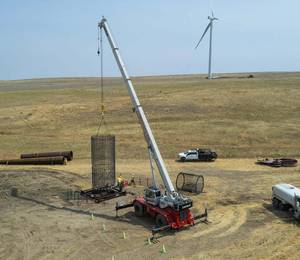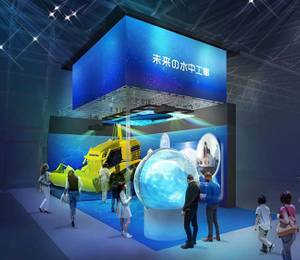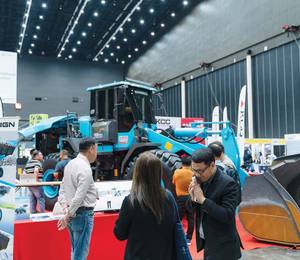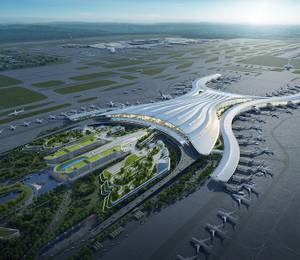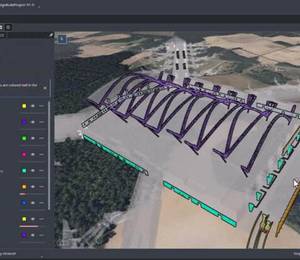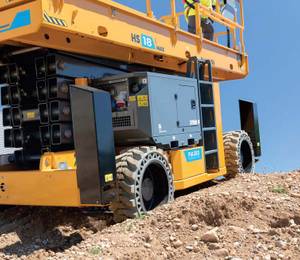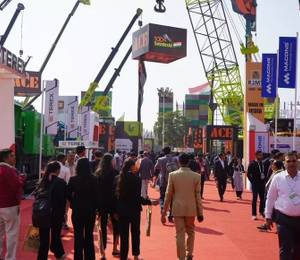The Arun River in Nepal flows from Tibet through the Himalayas into China. Of all Nepalese river basins, it has the largest area covered in snow and ice. A new hydroelectric power plant is currently under construction on this river, which is expected to produce up to 900 MW of electricity.
Bauer Engineering India Pvt Ltd, a subsidiary of Bauer Spezialtiefbau GmbH, was tasked by the Indian company Jaiprakash Associates Limited with the construction of a cut-off wall as part of the project Arun III HEP. The goal is to achieve a seal and reduce seepage water below the upstream cofferdam and in the left and right abutments.
The scope of service provided by Bauer includes the execution of 3,500 running meters of drilling and injection work on the cofferdam. In the granular construction soil, composed of sand, gravel, rubble and boulders, the pore injections are performed by means of tube-à-manchette and annular grouting.
“Using the pore injections, we are able to fill the pores in the very loose soil with cement slurry and thereby reduce its permeability,” explained project manager Satish Kumar. “Injections require a high degree of quality assurance and quality control. We are able to meet the strict demands thanks to our many years of experience.”
In addition to the pore injections, Bauer will also carry out rock grouting in order to fill gaps, fractures and cavities in the rock.
Due to the remote location in the Himalayas, not only the construction soil poses a challenge, but also logistics. On top of that, the schedule is very tight; this is because snow starts to melt in March, causing the water level in the river to rise and making work more difficult.
A Klemm KR 909 drill rig is being used for the drilling and injection work. The job undertaken by Bauer started in December 2021 and is scheduled to be completed by May 2022.
All images: Bauer Group
